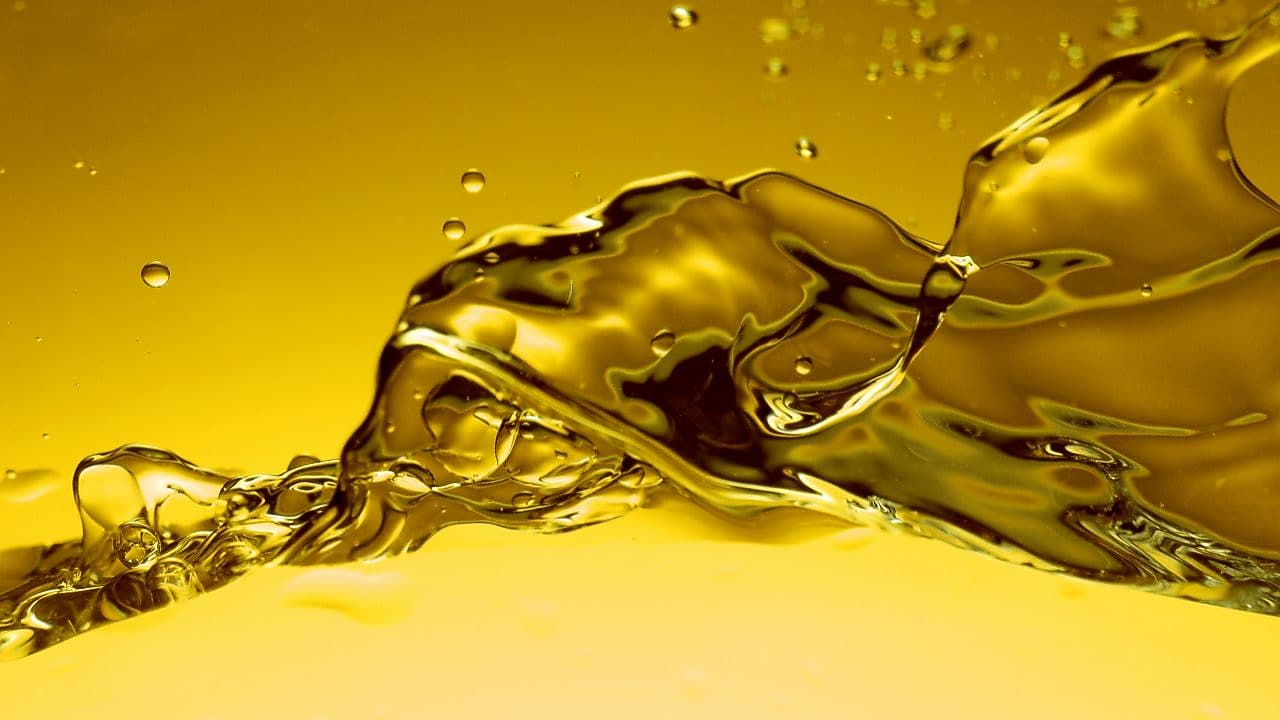
Off-Highway Mobile Equipment Fluid Guide
A Technical Advisor with a background in Aircraft Engineering, Scott has worked for Shell Canada for over a decade.

Off-Highway Mobile Equipment Fluid Guide
The selection of hydraulic oil for mobile equipment may seem complex and confusing at first. This guide aims to clear the confusion by explaining the different types of fluids in the market. When reviewing different equipment manuals, you will notice many different oil specifications depending on the OEM and the equipment type.
You may see recommendations for universal tractor transmission oil, anti-wear hydraulic oil, zinc free hydraulic oil, TO-4 transmission drive train oil, and more. These varying recommendations can leave one confused and asking, “Is there one hydraulic oil I could use in all of my mobile equipment?” This is a question our technical team is asked frequently; after all, hydraulic systems perform similar duties, and some components, like pumps and valves, can be common across different OEM brands.
So why are there so many oils?
Very simply, different equipment manufacturers recommend different hydraulic oils based on their specific operating guidelines, operating conditions, and specific components used in their equipment. For example, systems with wet-disc brakes or shared transmission reservoirs often have different requirements than systems with a dedicated reservoir for hydraulics.
Different fluids are formulated for the specific requirements set by the OEM. By utilizing a hydraulic oil that is recommended for that specific piece of equipment, the user gains the peace of mind that the oil will provide adequate protection to the system and help ensure proper equipment performance.
Looking at hydraulic oils for mobile equipment, there are two primary types: detergent and non-detergent hydraulic oils. Detergents are an additive used in some oils to retain and emulsify water. Other functions may include stick-slip performance and seal protection. Very simply, some OEMs like detergents in their equipment while some do not.
Detergent Hydraulic Oils
When a hydraulic oil is formulated with detergents, it is designed to hold water that may enter the system, such as condensation that may occur as the equipment sits unused overnight. The detergents lower the amount of free water that can circulate in the system, which can result in damage to the pump and other critical components. Transmission drive train oils such as TO-4 fluids, and universal tractor hydraulic oils like J20C fluids, are examples of detergent hydraulic oils. See below for additional information about these specs.
Non-Detergent Hydraulic Oils
Non-detergent hydraulic oils, also known as industrial anti-wear hydraulic oils, are formulated without detergents. These hydraulic oils are designed to separate from water that may enter the hydraulic system, allowing the water to settle in the hydraulic oil reservoir where it should be drained out routinely. When it comes to industrial anti-wear hydraulic oils, you may also see some OEMs request a zinc-free hydraulic oil. Low-quality oils that happen to be made with zinc can form deposits in the system. This can be avoided by using a high-quality zinc-containing fluid, or by using a high-quality zinc-free oil. Hitachi is perhaps the most widely known OEM that requires zinc-free hydraulic oils.
Once you understand the differences between different fluids, it is important to educate your teams. Make certain they too understand the differences to ensure they do not inadvertently mix different hydraulic oil types. A high rate of equipment failures can be attributed to using the wrong lubricant or mixing different types of lubricant.
Reference Guide
Here is a reference guide for some of the common terms you will see in the field:
TO-4
These fluids contain detergents. The TO-4 spec is from Caterpillar but many OEMs allow the use of TO-4 fluids. These fluids are often used in hydraulics, transmissions, some wet brake systems, and final drives – just be certain to select the right viscosity for your particular application.
J20C
These fluids contain detergents and are designed for many types of wet-disc brake systems. The J20C specification is from John Deere; however, many OEMs align with J20C. The terms “universal tractor transmission oil,” “universal tractor hydraulic fluid,” and similar terms, refer to the J20C or similar specification. The J20D specification is the cold-temperature equivalent to J20C.
Anti-wear (AW) hydraulic fluids
AW refers generically to anti-wear hydraulic oils. Some AW oils contain zinc anti-wear ingredients, while some are zinc-free. Hitachi is one OEM that requires zinc-free oils in many types of equipment. Anti-wear oils are sold in a variety of viscosities, including multi-season variations.
FOR MORE INFORMATION:
Contact Our Experts
Or call:Shell Lubricants’ Technical Information Center: 800-237-8645
Or visit: www.shell.us/construction



